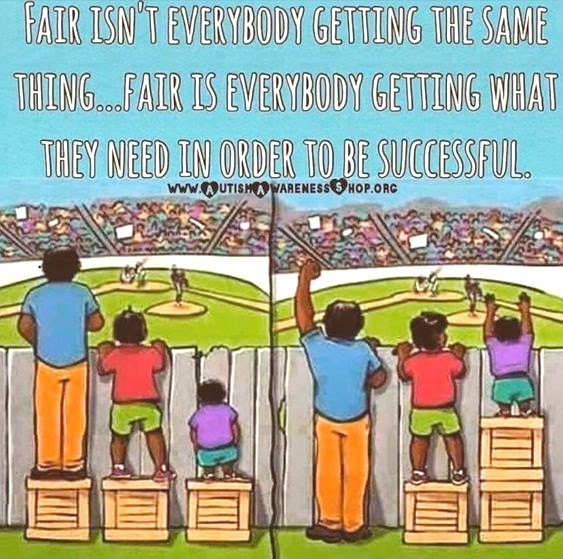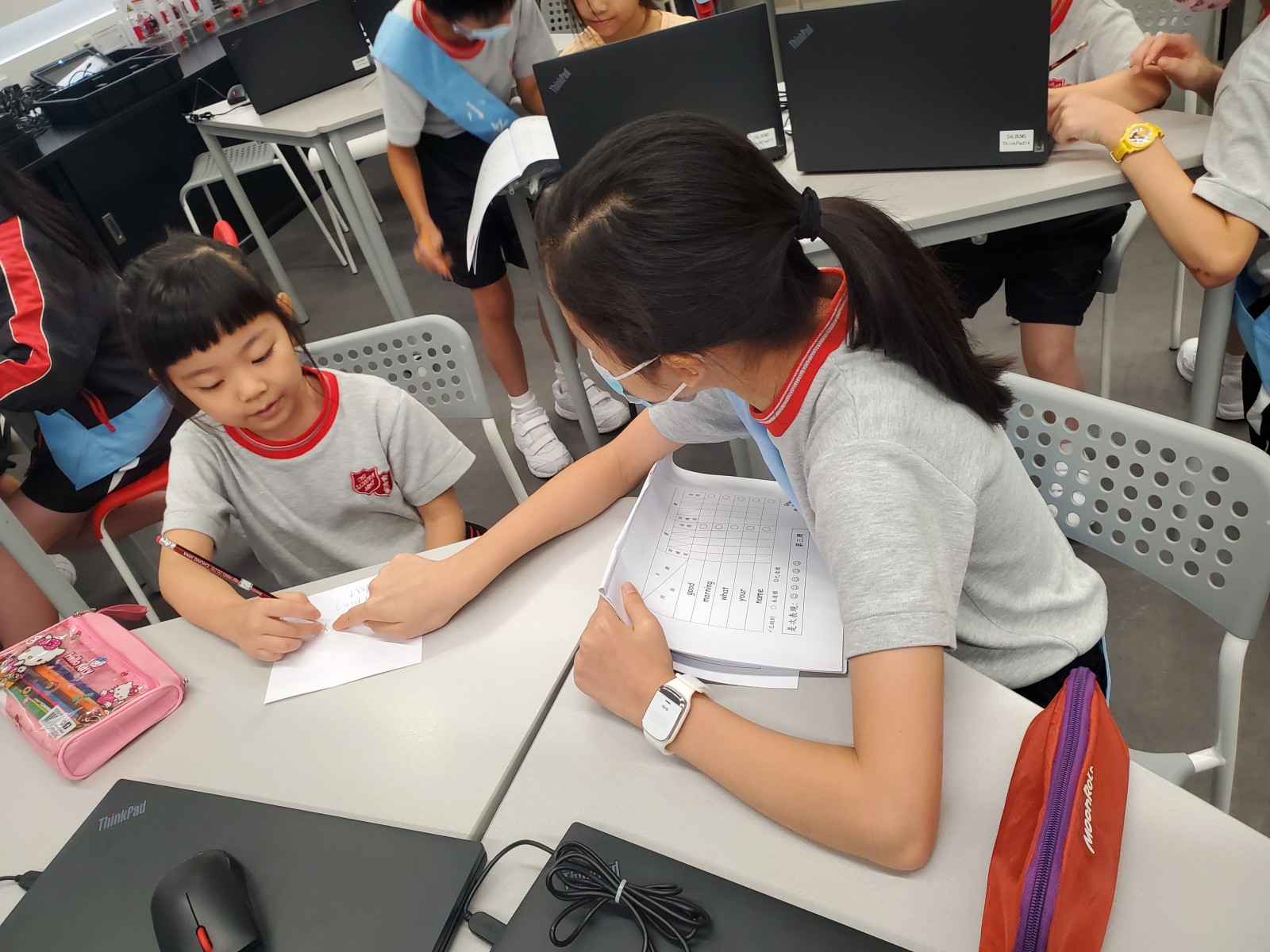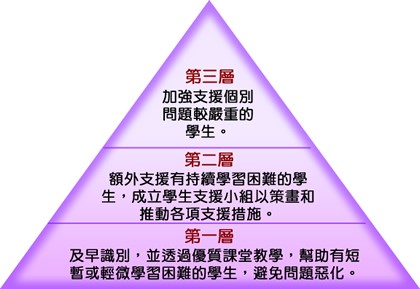Whole-School Participation, Early Identification, Early Support, and Home-School Collaboration Philosophy
Philosophy
Our institution places a paramount emphasis on the educational development of every student. Within an inclusive environment that promotes recognition and acceptance among all members of the school community, we adopt a collaborative approach encompassing three fundamental areas: policy, culture, and implementation measures. This comprehensive strategy facilitates the provision of essential support for students in need, including curriculum adaptations, homework modifications, and assessment accommodations. Moreover, we offer peer mentoring initiatives, such as the "Little Teacher Program" and "Big Brother/Sister Program," as well as after-school study group support services designed specifically for students with special learning needs.
"Whole-School Participation" Model: Supporting Inclusive Education Policies
- Curriculum Adjustments: Implementation of inclusive teaching strategies within the general education framework, establishment of Chinese language support groups, and the development of tiered assignments.
- Gifted Education Programs: Provision of an enrichment curriculum for all students, complemented by after-school pull-out programs specifically designed for gifted students (please refer to the Gifted Education webpage for further details).
- Teaching Adjustments: Utilization of diversified teaching strategies and collaborative lesson planning to enhance educational outcomes.
- Cross-Professional Team: Support Delivery of services by educational psychologists and speech therapists, alongside a dedicated Special Educational Needs (SEN) support team, which includes specialized support teachers and assistants. Additionally, we provide outsourced after-school learning groups, encompassing Chinese literacy programs, English phonics classes, attention training groups, social skills training groups, and targeted support for non-Chinese speaking students.
- Professional Development and Training for In-School Teachers Annual provision of comprehensive training and continuing education opportunities relevant to the needs of our staff.
The Three-Tier Intervention Model
First Tier
1. Inquiry-Based Learning
- Our educational framework incorporates inquiry-based learning through engaging and stimulating themes tailored to accommodate diverse learning abilities and output formats. This approach facilitates thematic exploration, allowing students to engage in meaningful inquiry.
- The learning activities are closely aligned with real-life experiences, employing the CRT (Context, Role, Task) design model to provide structured inquiry opportunities. This model enables students to pursue their inquiries with specific objectives, thereby broadening their perspectives and enhancing their overall learning experience.
- The inquiry-based learning activities are centered around the students, with educators employing strategies such as heterogeneous grouping, designing multi-sensory learning experiences, and facilitating collaborative learning to promote active participation and address the varied learning needs of all students.
2. Emotional and Social Development
- We implement inclusive activities designed to cultivate an understanding of individual differences among students. These initiatives promote acceptance, tolerance, and respect for diversity, while equipping students with essential interpersonal skills necessary for effective social interactions.
Second Tier
1. Special Educational Needs (SEN) After-School Programs
- Our institution offers a range of after-school programs tailored to support students with special educational needs. These programs include Chinese literacy groups, English phonics classes, focus groups, and social-emotional training sessions. There are after-school tutoring sessions in Chinese, English, and Mathematics conducted by our school teacher. The selection criteria for participation in these programs are based on a comprehensive assessment of students' academic performance, learning progress, and classroom behavior. These specialized support sessions aim to assist students with identified learning needs in solidifying their foundational knowledge across various subjects.
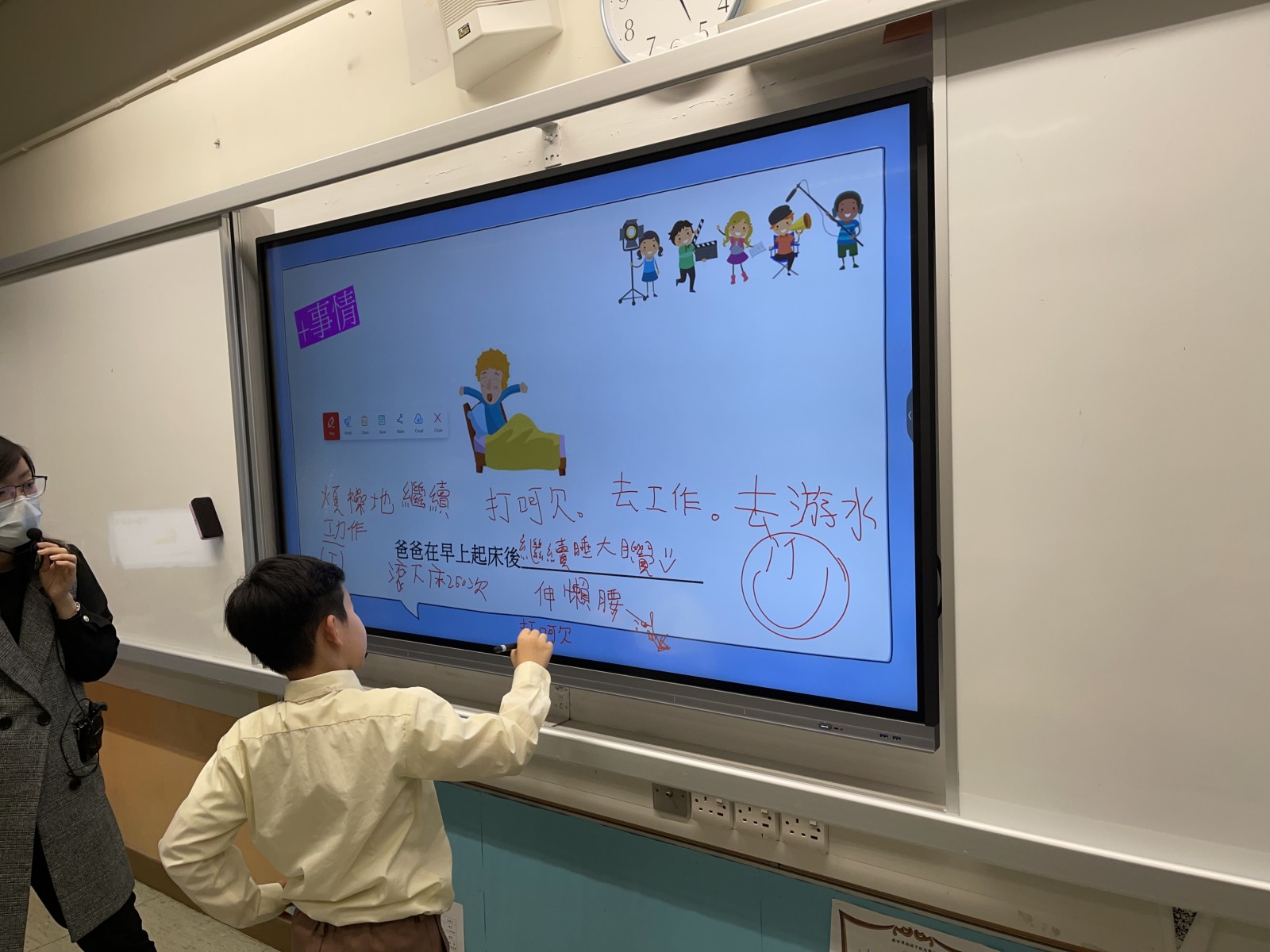 |
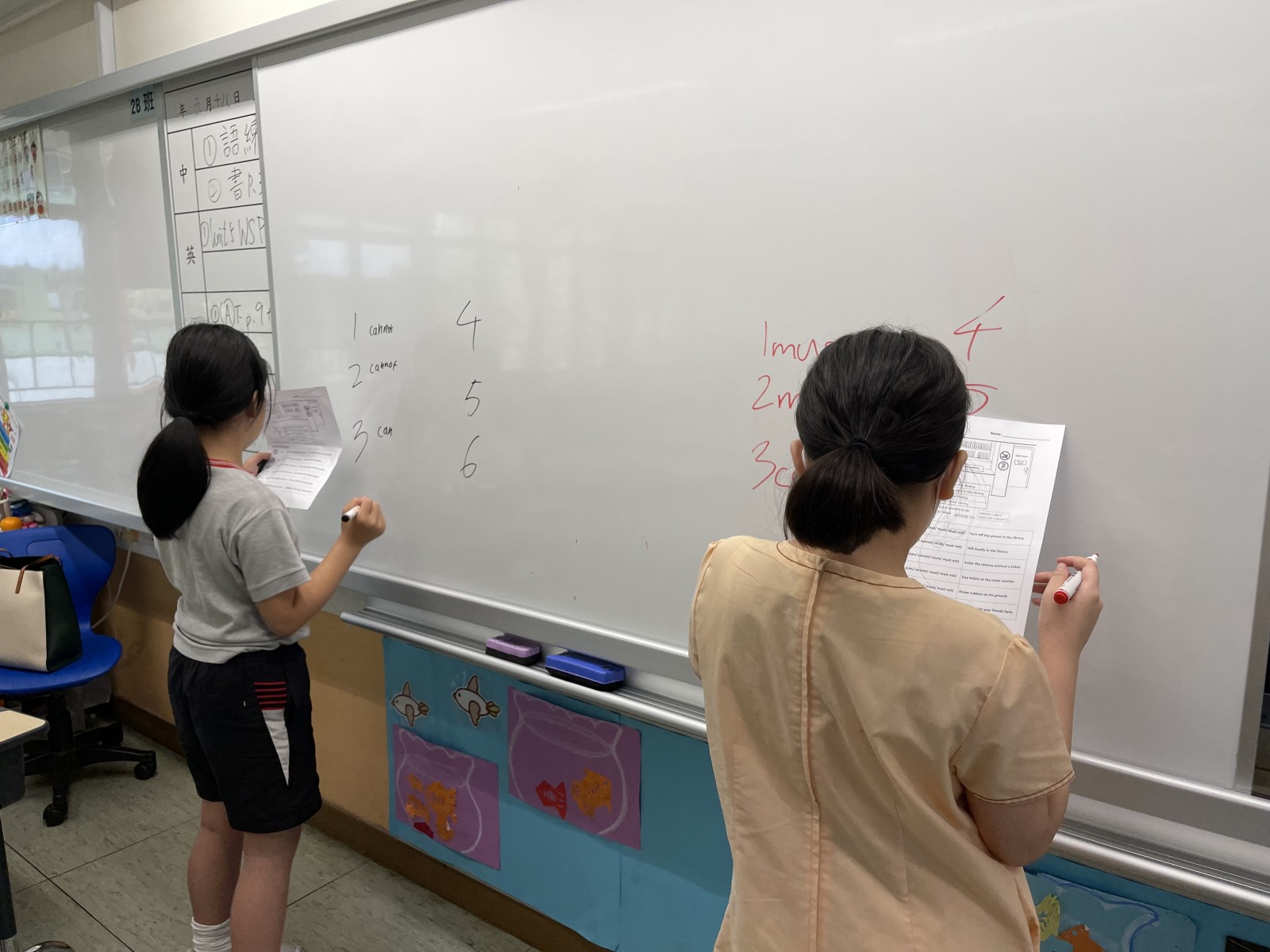 |
Third Tier
1. Individualized Learning Plans (IEP)
- Following consultations with educational psychologists, our institution develops Individualized Education Programmes (IEPs) for students requiring additional support. The Student Support Team collaborates with subject teachers to regularly review each student’s learning progress. Additionally, meetings are held with parents to discuss developments and evaluate the effectiveness of the implemented strategies.
2. Educational Support for Non-Chinese Speaking Students
- Our institution is committed to providing additional support for admitted non-Chinese speaking students to facilitate their learning of the Chinese language. We offer pull-out Chinese language learning groups specifically designed for these students. Additionally, our teaching team participates in various classroom research initiatives to enhance instructional methods. Furthermore, the school arranges for non-Chinese speaking students to engage in diverse after-school programs and hosts cultural integration activities. These efforts aim to help students acclimate to both school and community life.
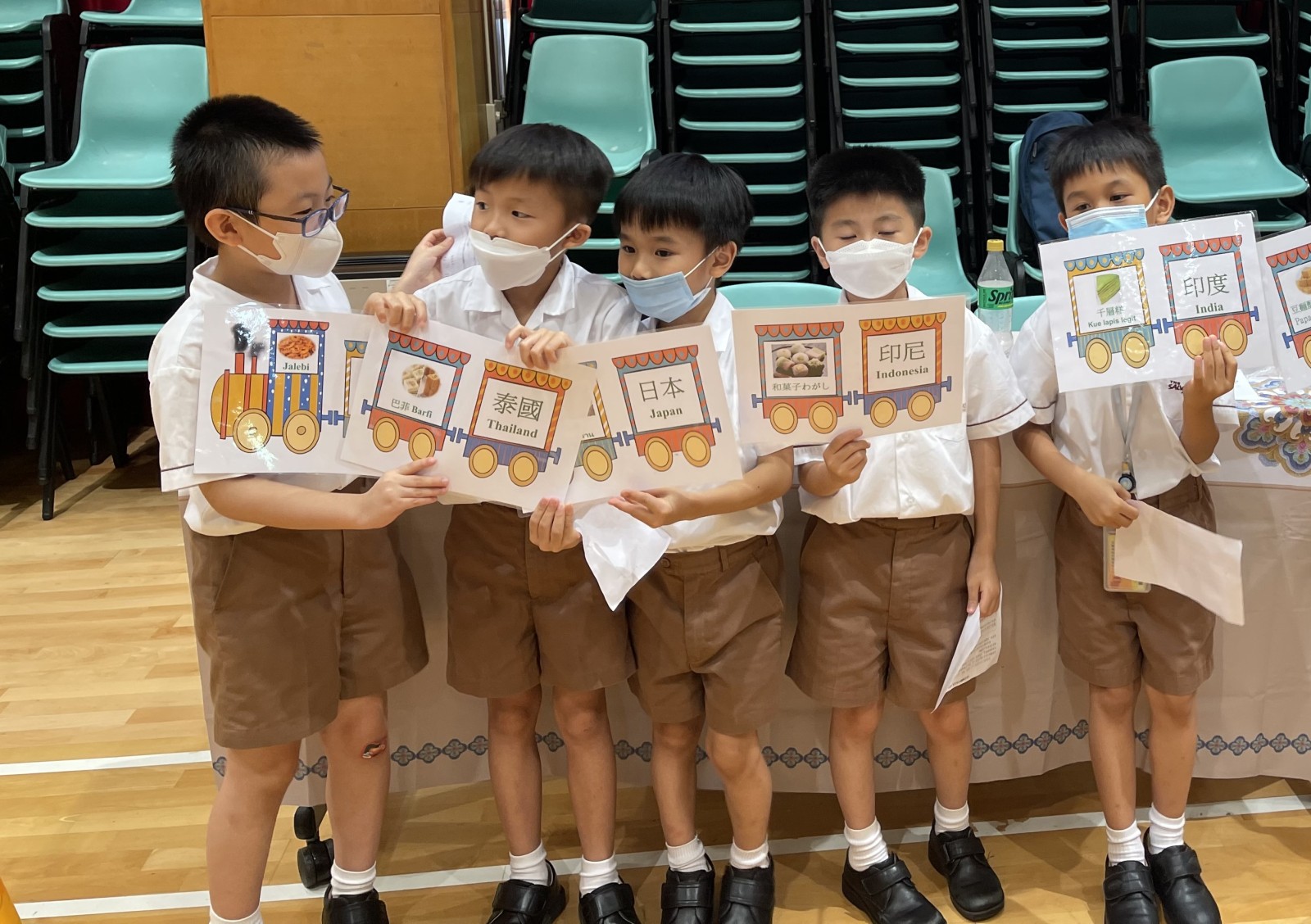 |
 |
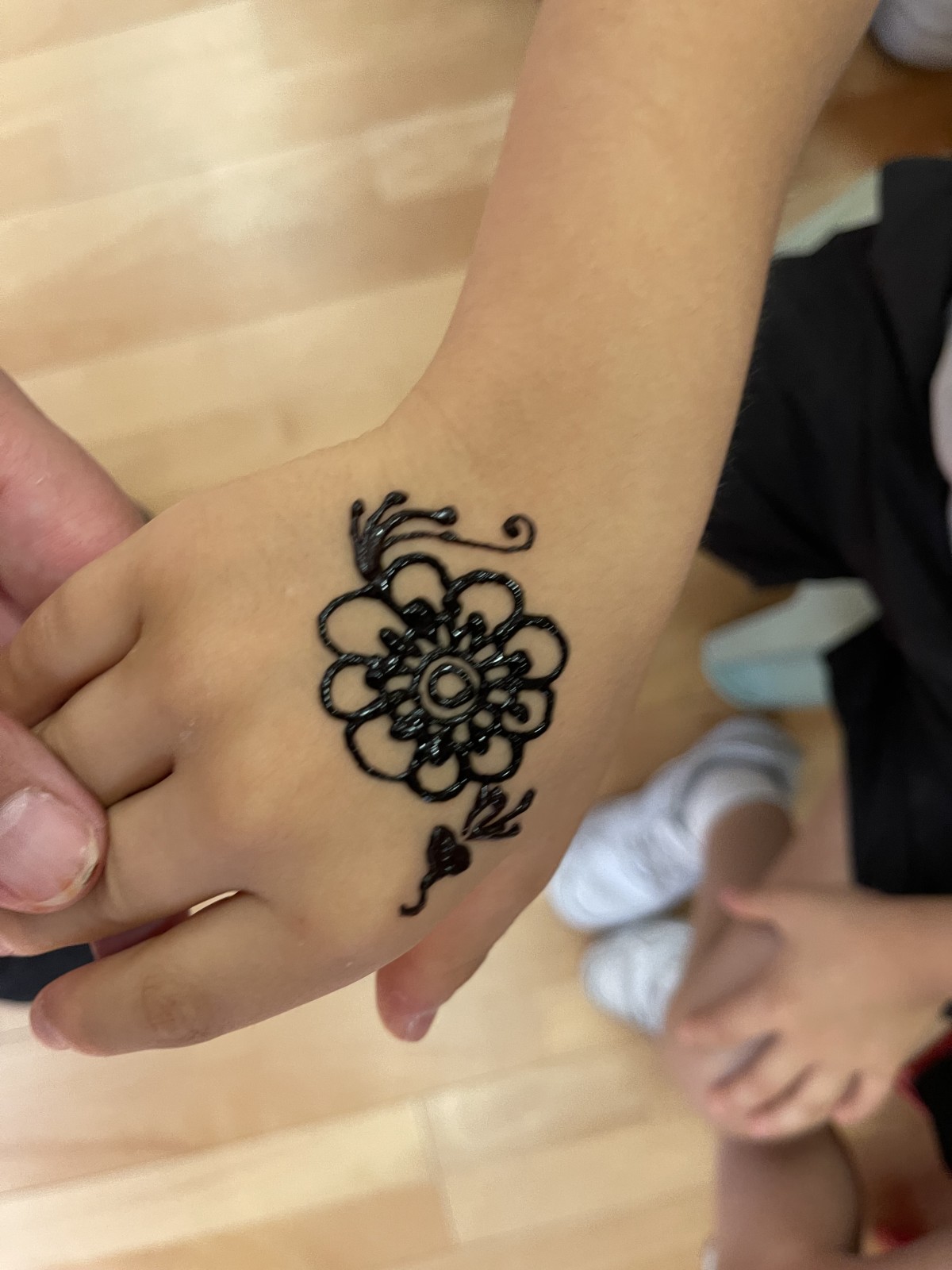 |
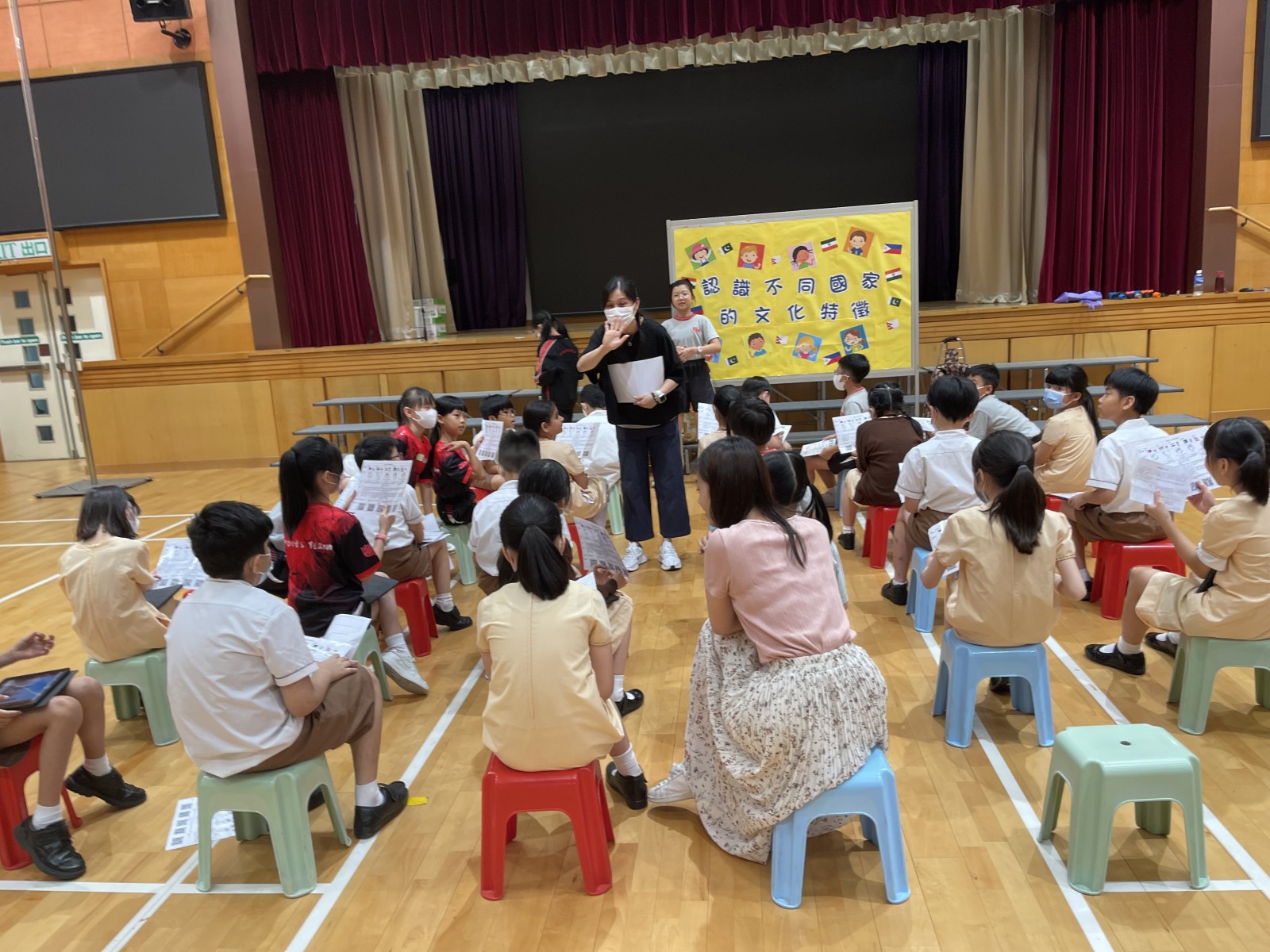 |
3. Early Identification and Support
- Our Early Identification Program for Primary One aims to identify students in need of additional support at the earliest opportunity. Prior to undergoing assessments by educational psychologists, these students receive timely interventions to address their individual needs.
4. Home-School Collaboration
- Our institution is committed to fostering effective communication with parents to ensure they are well-informed about school policies and equipped to support their children’s learning at home. This communication includes regular phone calls, the distribution of official notices and surveys, the provision of summaries regarding student support, and the organization of meetings with educational psychologists, class teachers, subject teachers, and the Special Education Coordinator during student case conferences or Individualized Education Programme discussions.
- Furthermore, we conduct relevant workshops and seminars for parents, encompassing both school-based and Education Bureau (EDB) presentations. These initiatives aim to enhance parents’ understanding of their children's needs and the corresponding support strategies available to them.
5.Additional Measures
- Electronic Reward Program: Our institution implements an Electronic Reward Program whereby students earn points based on their performance in both classroom activities and after-school programs. These points can subsequently be redeemed for small gifts, reinforcing positive behavior and motivation among our students.。
Core Personnel for the Implementation of Inclusive Education
|
Special Educational Needs Coordinator (SENCO) |
The Special Educational Needs Coordinator leads the Student Support Team and is responsible for coordinating and promoting a whole-school approach to inclusive education. |
|
Special Educational Needs Support Teachers(SENST) |
These teachers provide support in curriculum adaptation and facilitate small group work to address the specific needs of students. |
|
Coordinating Teacher for the Peer Tutor Program |
This teacher oversees the management of student peer tutors and maintains learning profiles for both peer tutors and their mentees. |
|
Special Educational Needs Teaching Assistants |
Teaching assistants provide in-class support, assist with after-school group arrangements, and facilitate speech therapy sessions, as well as follow up on related documentation. |
| All School Staff (including the Principal, Vice Principal, Social Workers, and Teachers) | All staff members are dedicated to supporting students with learning needs through policy implementation and daily instruction in both classroom and after-school settings. |
|
Useful Websites and Programs for Parents: |
|
Mobile Applications Designed by the Heep Hong Society |


